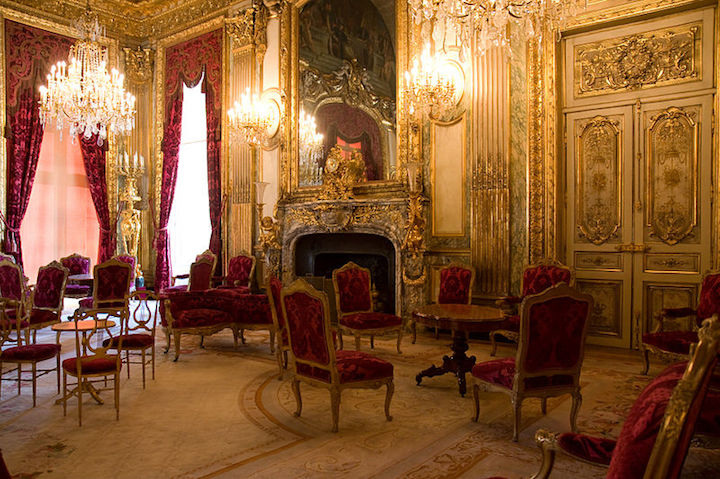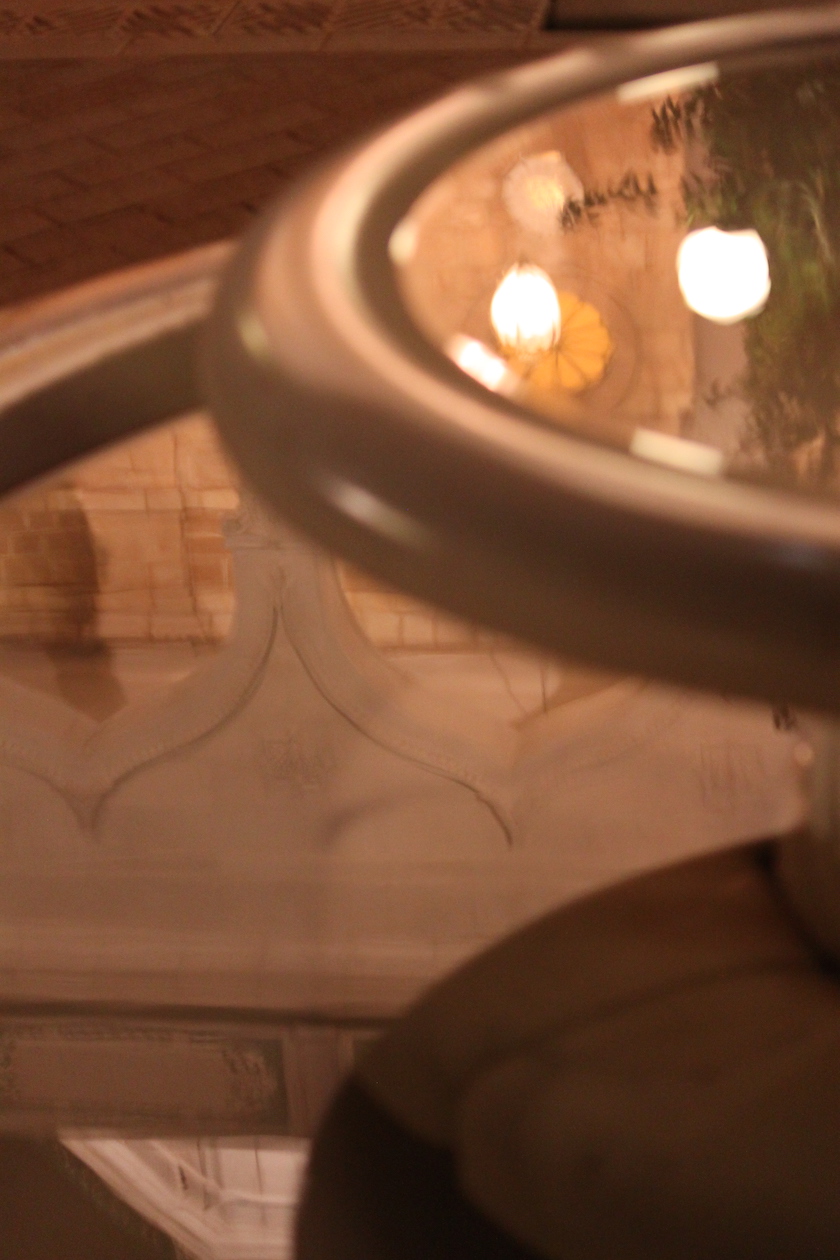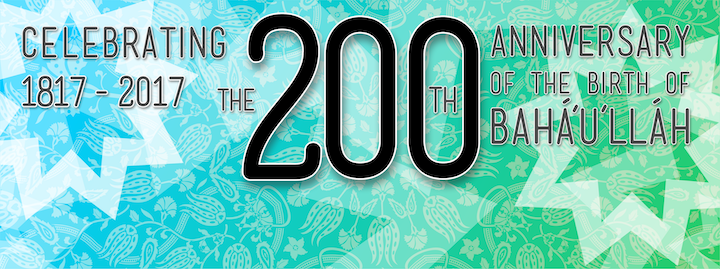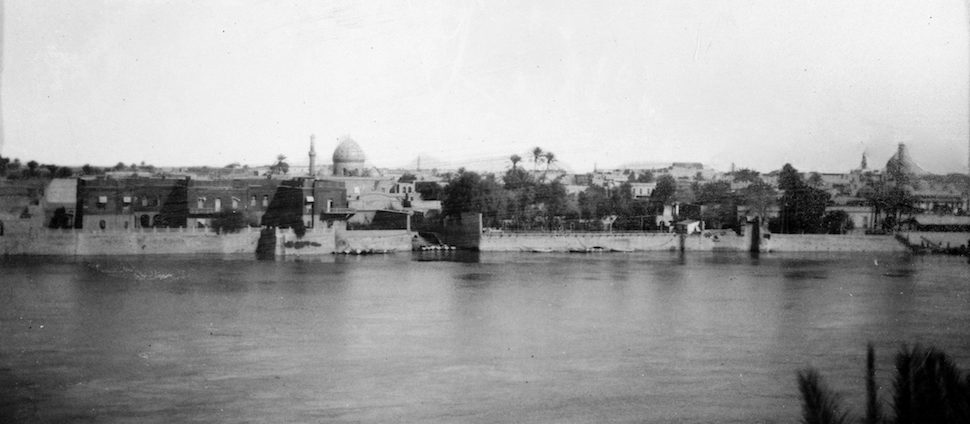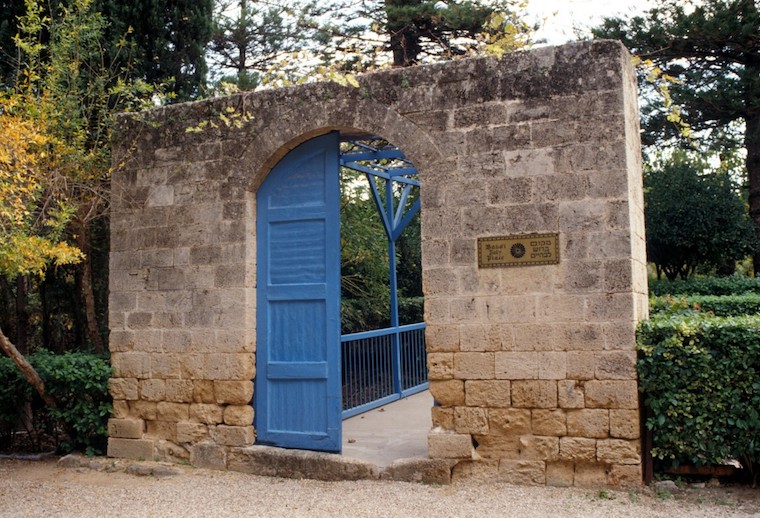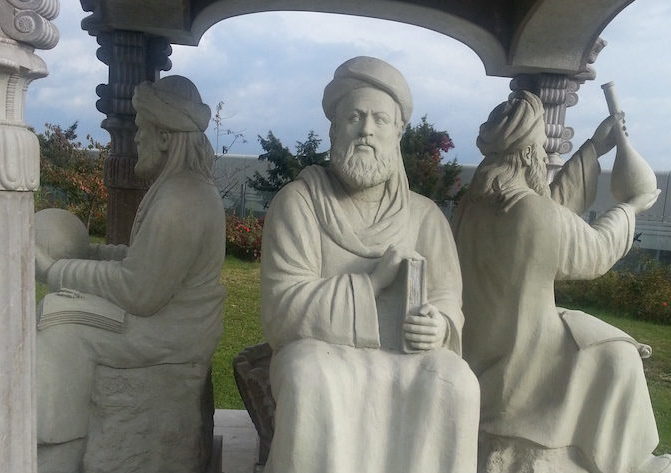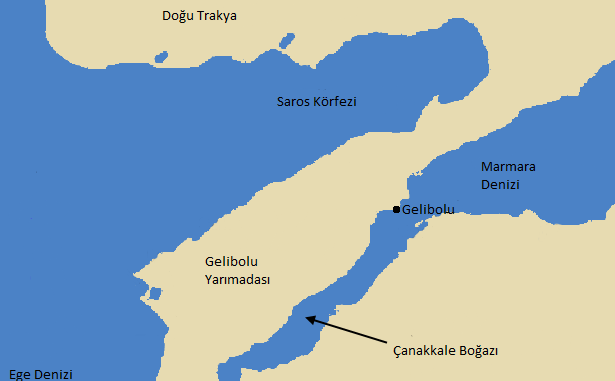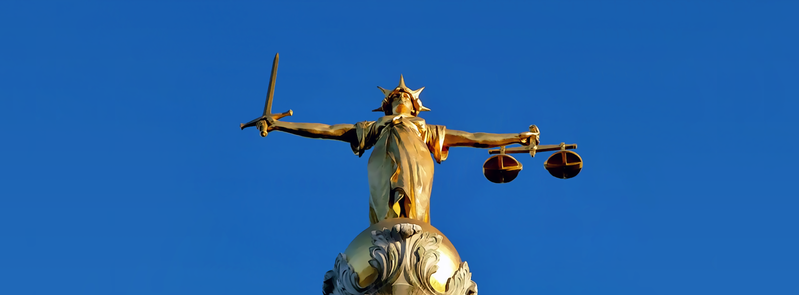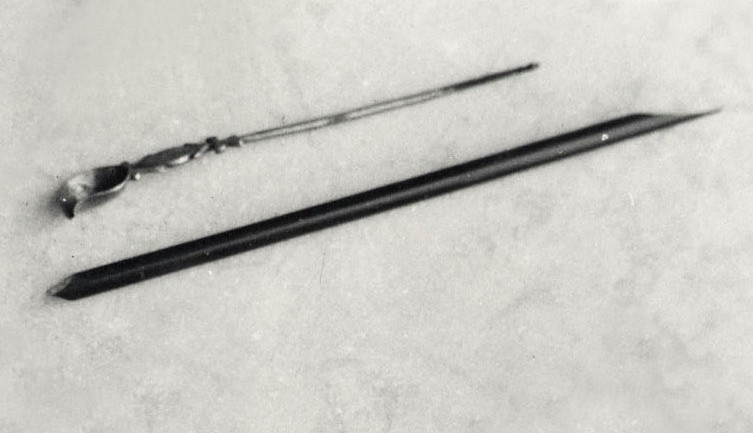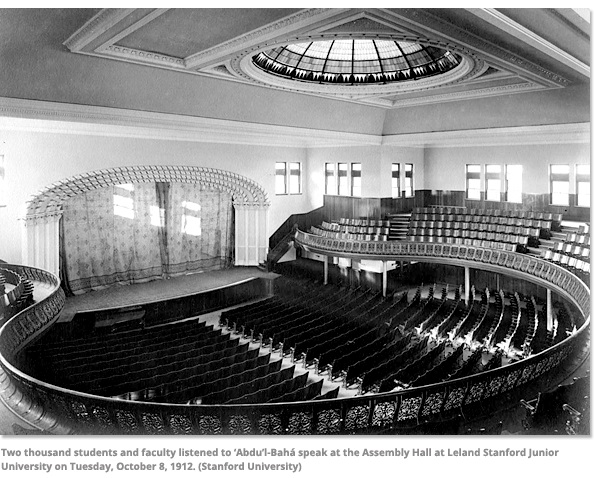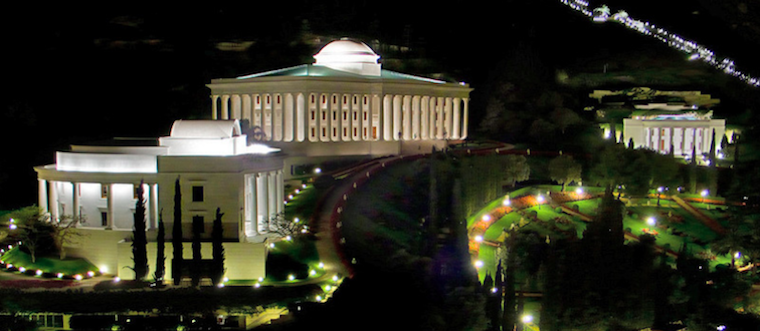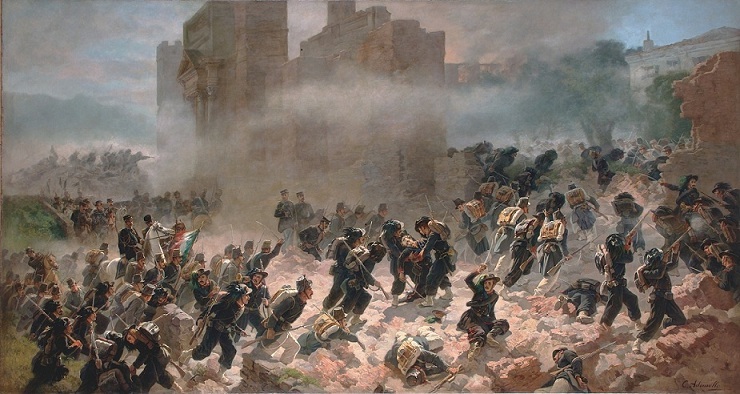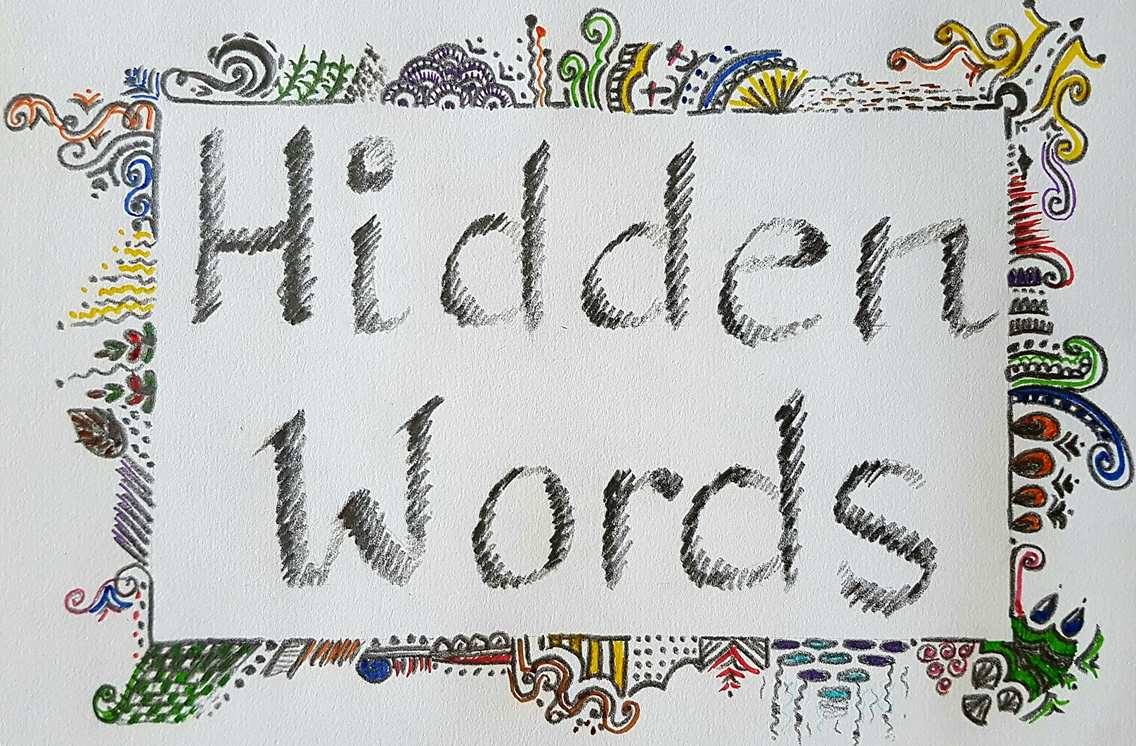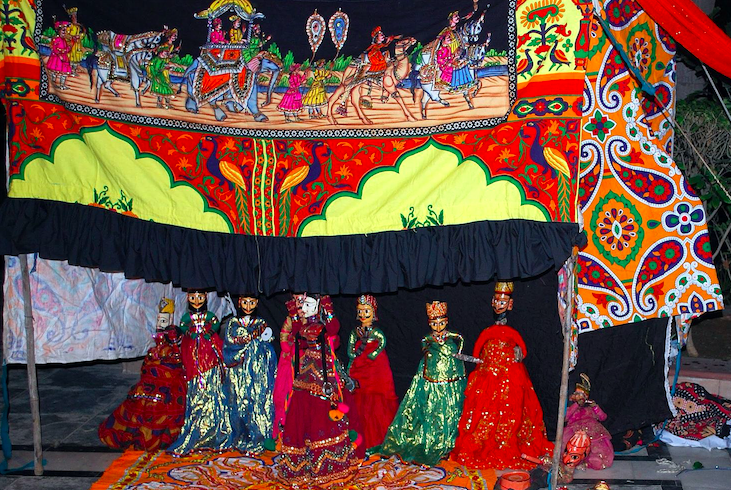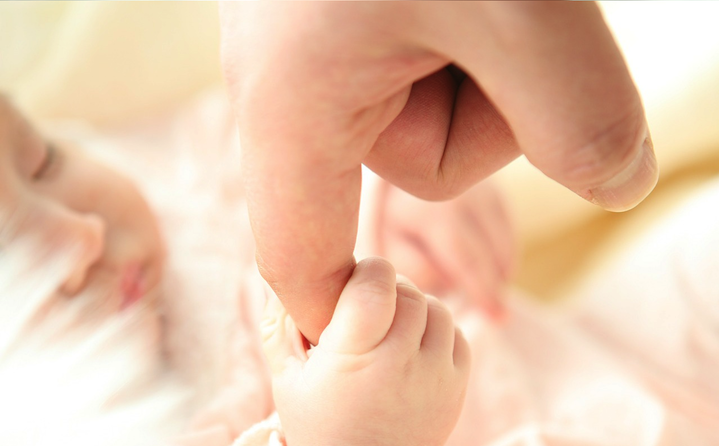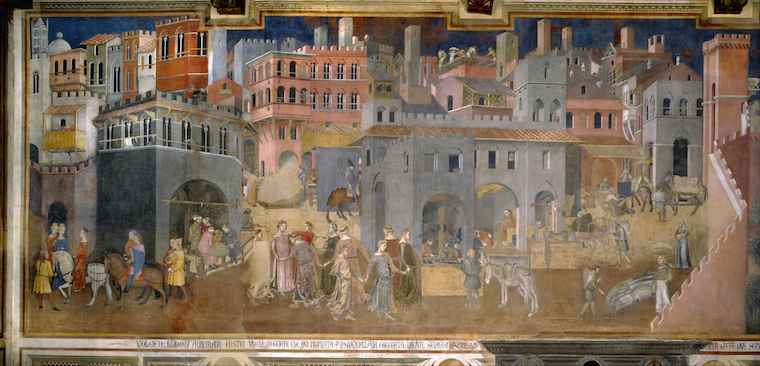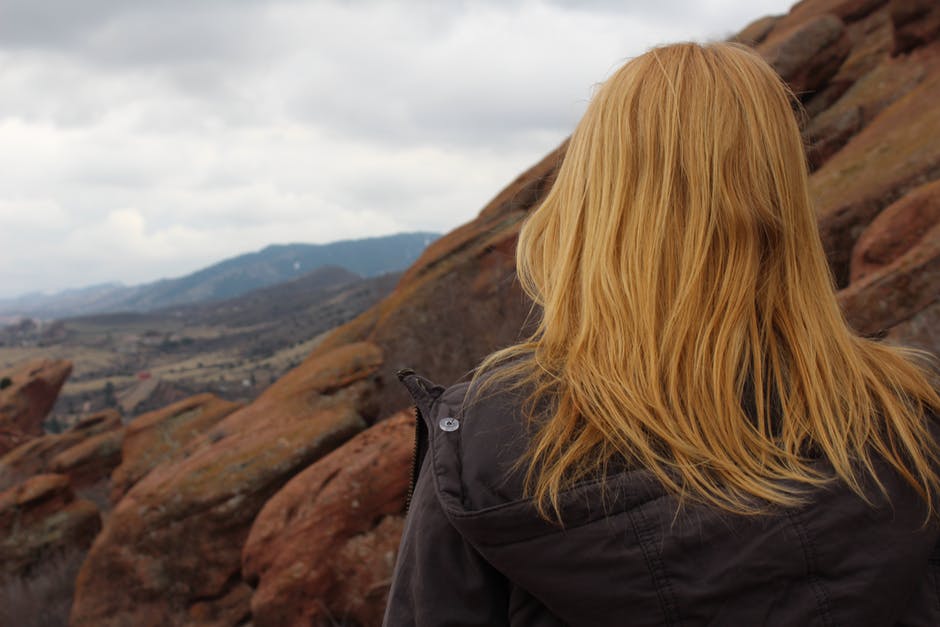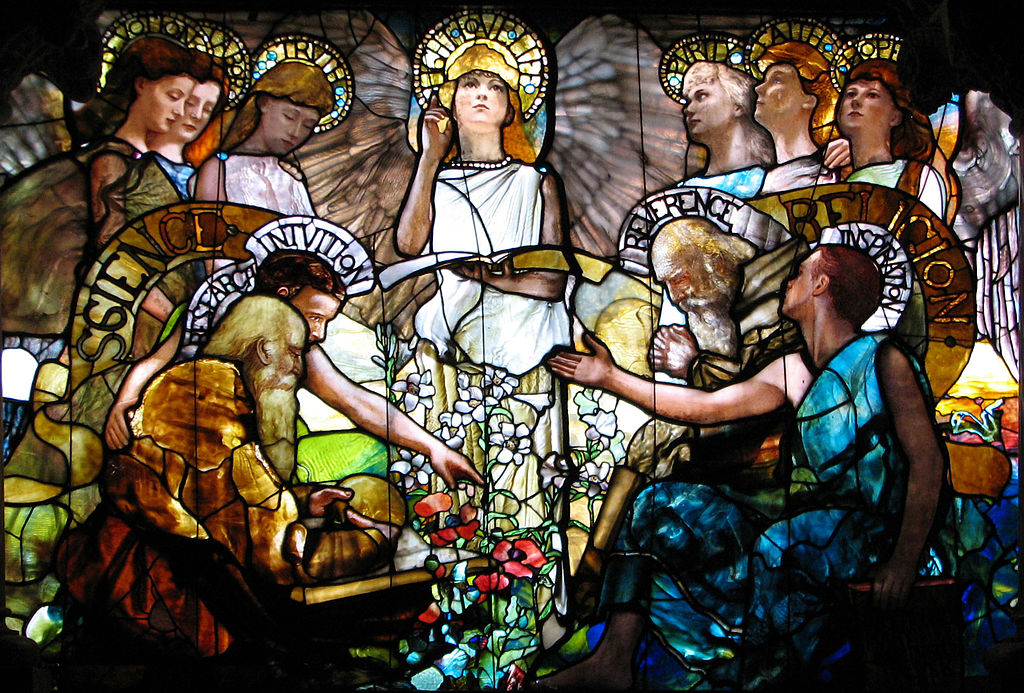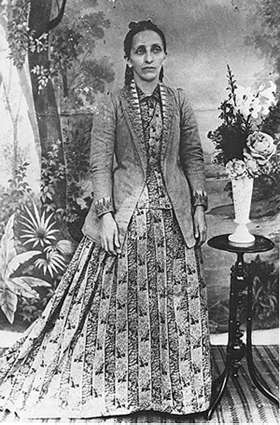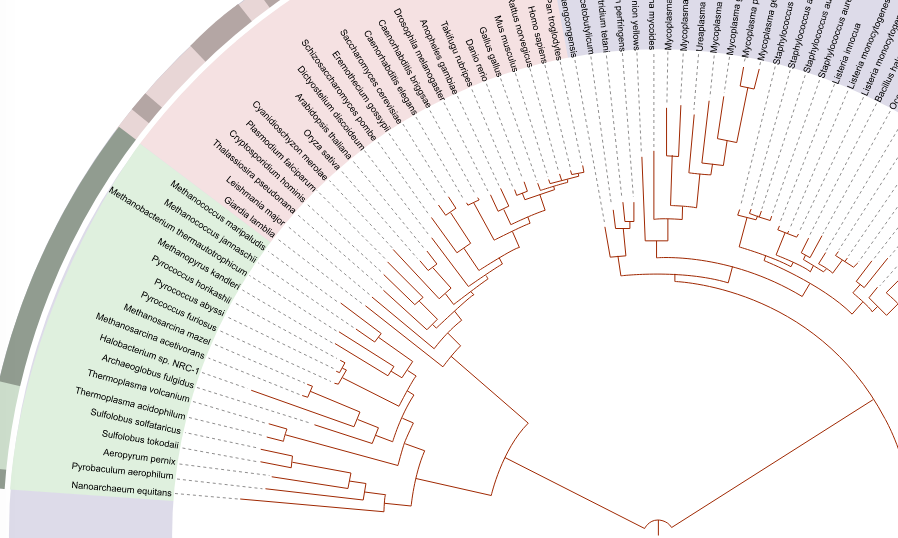-
Bahá’u’lláh’s first letter to Napoleon III: the Responsibility of Government for Welfare of the People
We have seen that while Baha’u’llah was in Adrianople he wrote to the rulers of society, individually and collectively. From this period comes Bahá’u’lláh’s first letter to Napoleon III – Emperor of the French – who at the time was at the height of his power and influence. Bahá’u’lláh’s letter announces his mission as do other letters of this period. Some of this letter is however concerned with responding to statements Napoleon III had made some years earlier in the context of the Crimean War. Two statements graciously uttered by the king of the age have reached the ears of these wronged ones. These pronouncements are, in truth, the king…
-
The Miracle of Baghdad
If we look in the Gospels or in the Quran we find ample evidence of the opposition of the religious hierarchies of the day to Jesus and Muhammad respectively. Again it was so in Bahá’u’lláh’s day. As we have seen before it is a tragic pattern of history that when the truth of a new prophet comes – very few are able to recognise it and those most concerned with religion are the most determined to “put out the light”. In Baghdad, some of the religious scholars (ulama) were continually agitating to cause some harm to Bahá’u’lláh. At one point they threatened jihad, at another they pressed upon the Governor…
-
Bahá’u’lláh on Human Rights
Abdu’l Baha would, in his talks in 1911 and 1912 introducing Bahá’u’lláh’s teaching, identify a list of principles drawn from the teachings of Bahá’u’lláh. The list was not always exactly the same – and Abdu’l Baha would often introduce them with words such as “and among the teachings of Bahá’u’lláh”. We have already explored some of these topics, for example the oneness of humanity, the oneness of religion, the harmony of science and religion, equality of men and women, the balancing of material and spiritual in society. Abdu’l Baha also included human rights in that list. We should note that when he did so, there was no worldwide consensus around…
-
The Purpose of Justice
Like prophets before him Bahá’u’lláh counselled kings and rulers of society to observe justice. Referring to the suffering inflicted on himself and his followers by the rulers of his time he writes: Twenty years have passed, O kings, during which We have, each day, tasted the agony of a fresh tribulation. … They that rose up against Us have put us to death, have shed our blood, have plundered our property, and violated our honour. Though aware of most of our afflictions, ye, nevertheless, have failed to stay the hand of the aggressor. For is it not your clear duty to restrain the tyranny of the oppressor, and to deal…
-
Justice and Fairness to All of Creation
Most of the articles so far in this series have been focussed implicitly or explicitly on human concerns and human relationships. However, Bahá’u’lláh’s writings also draw attention to the relationship human beings have with the natural world of which we are a part. For example, Bahá’u’lláh draws attention to the obligations that human beings have to animals. … show kindness to animals….[1] Burden not an animal with more than it can bear. We, truly, have prohibited such treatment through a most binding interdiction in the Book.[2] We may think of the concept of “burden” in a narrow sense of direct cruelty to animals; but that Bahá’u’lláh seems to intend more is suggested by the…
-
The Sultan’s Puppet Show
Shortly after Bahá’u’lláh was condemned to exile and imprisonment in the prison-city of Akka, he wrote to the Grand Vizier responsible for his banishment. The letter (the Tablet to the Chief) condemns the injustice of the Grand Vizier’s order and warns of his impending demise. Part of the letter is devoted to a brief story from Bahá’u’lláh’s childhood. In the story, Bahá’u’lláh is at a marriage feast being held in his father’s home. As part of the festivities, the puppet show “Shah Sultan Salim” is to be performed. As the play begins, the puppets announce that the Sultan is coming. There is a commotion as the puppets prepare the Sultan’s way…
-
Looking Good – The Ornaments
Dressing up – and decorating in various ways – is a universal human practice. Clothing isn’t just functional. It serves complex social functions; it is used to communicate mood, occasion, status, function and gender. It is sometimes religiously mandated, marking the boundaries of “appropriate” or “modest” clothing. Sometimes such constraints have been the vehicle of oppression, particularly when imposed on women. Bahá’u’lláh abolishes religious constraints on clothing. The choice of clothing and the cut of the beard and its dressing are left to the discretion of men. But beware, O people, lest ye make yourselves the playthings of the ignorant.[1] Instead Bahá’u’lláh has in mind a different kind of human decoration.…
-
Bahá’u’lláh on Good Government
We live in a time of increasing distrust between citizens and institutions of government. Ordinary people seek solutions for what they experience as failures of government, yet institutions of governance struggle to genuinely connect with affected populations. What light does Bahá’u’lláh’s thought cast on what constitutes good government? Bahá’u’lláh lived under absolute monarchies. His own experience of government was one of oppression, expressed in unjust and successive imprisonments and exiles. Justice as a dimension of good government is a strong theme of Bahá’u’lláh’s writings. O kings of the earth! We see you increasing every year your expenditures, and laying the burden thereof on your subjects. This, verily, is wholly and grossly unjust…. lay not…
